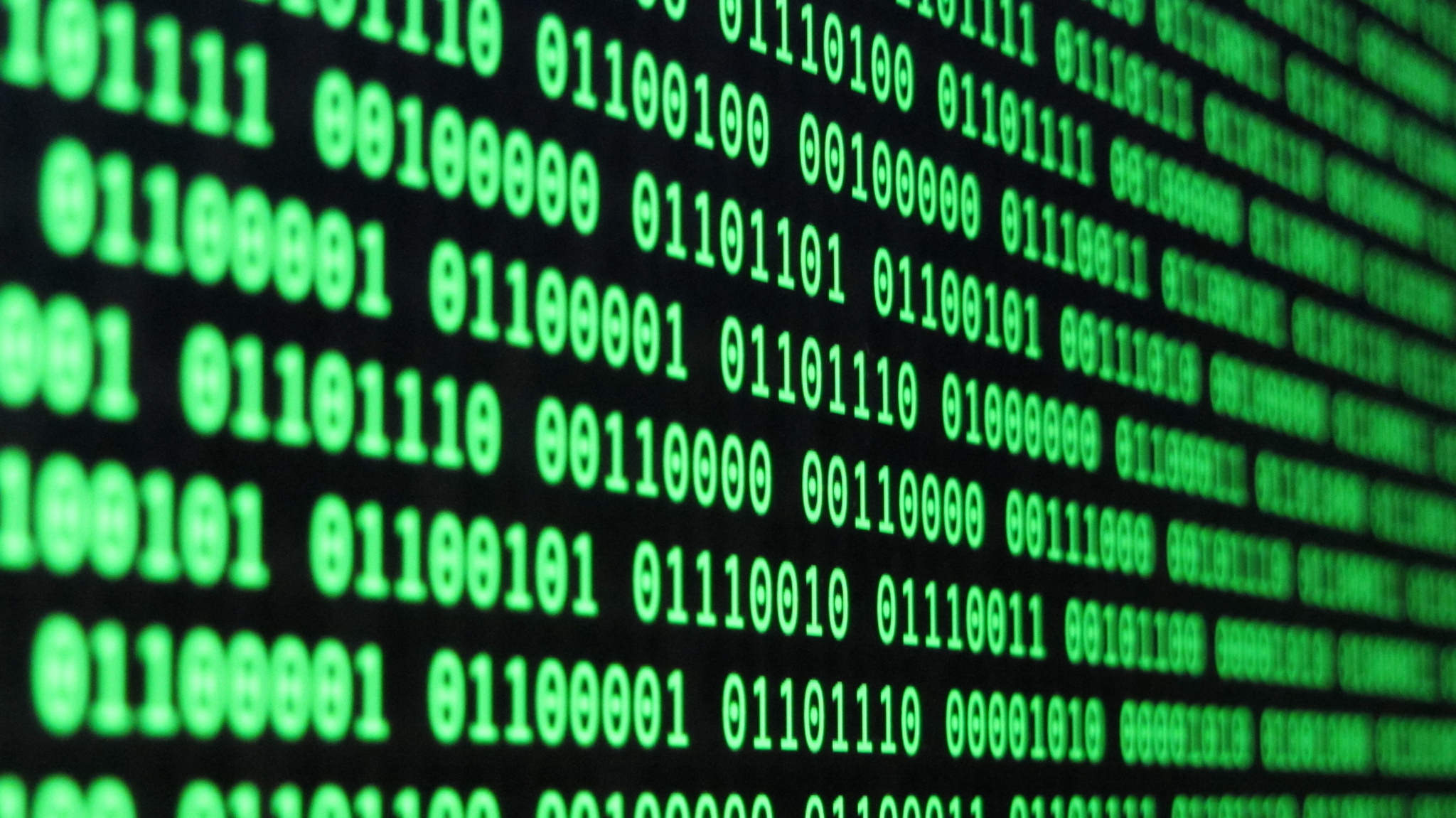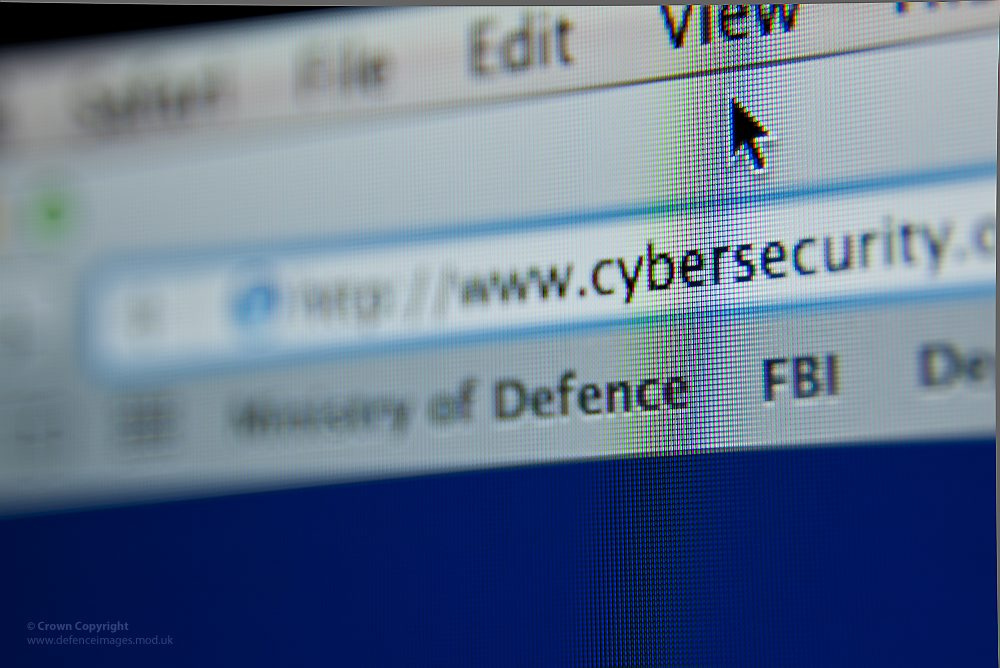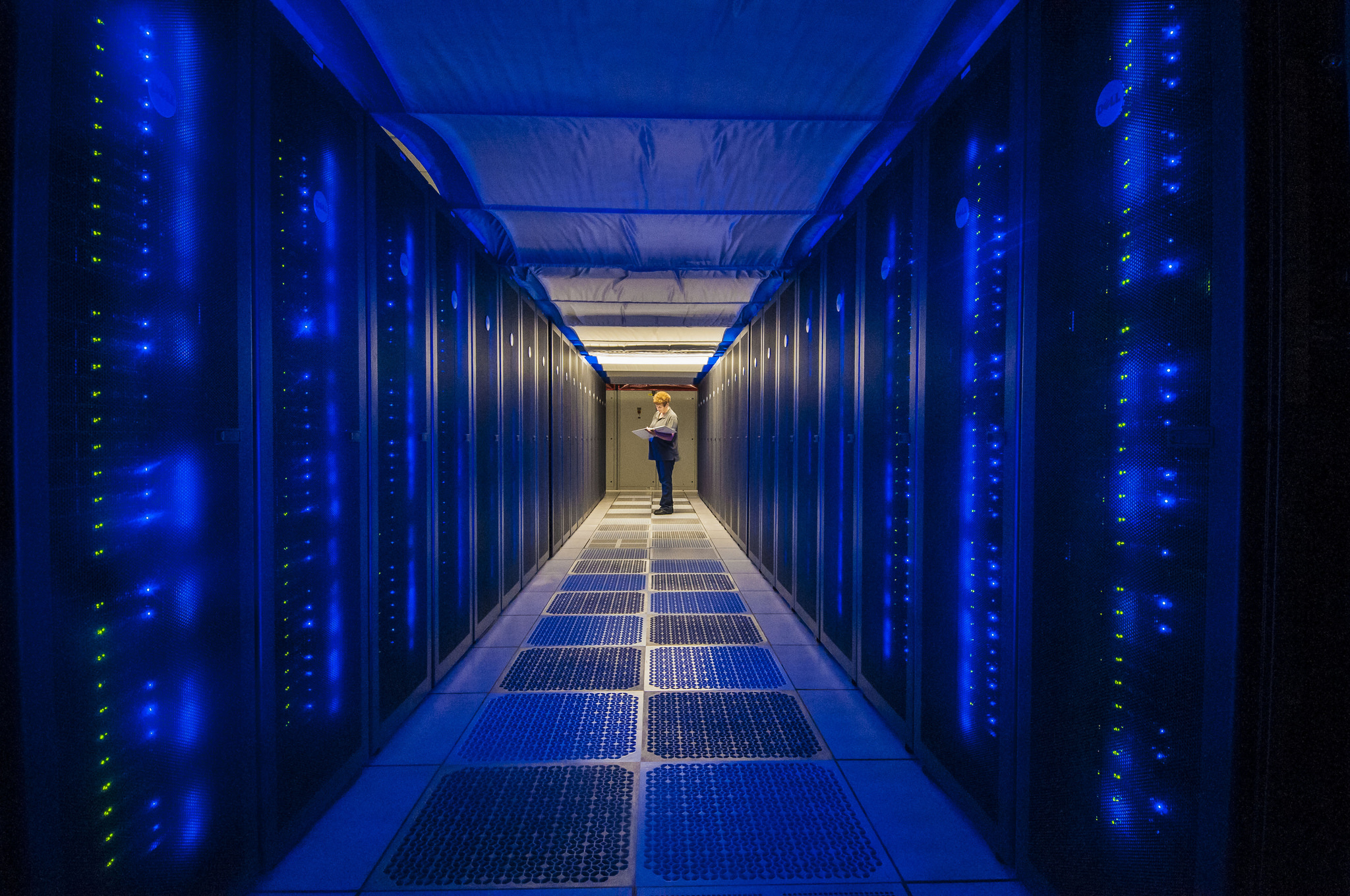One of the great benefits of modern society is the amount of information available to us everyday. Much of that information is now stored electronically. However, collecting a lot of information together creates risks. Big data showcases the potential utility of amassing information in bulk, but we need to be wary of the possible threat to our right to privacy.
What is ‘big data’?

‘Big data’, in a nutshell, describes collections of extremely large amounts of information which are analysed to discover patterns, trends and other insights.
The rate at which we create information is rapidly increasing – reports suggest that more data has been created in the past few years than in the entire history of the human race. There are great advantages to collecting it and drawing out useful observations.
Big data is increasingly important for companies. Companies can, for example, track customers’ shopping habits using loyalty card information and check it against publicly available data about the customers’ age, address, household income, etc. Companies can then target their advertising more effectively.
This is just one example of big data providing an advantage – its benefits are not limited to companies and there are many analytical tools which can produce useful insights.
A tool for human rights?

With the rise of social media, we’ve become better equipped to share information. Citizens can collect digital evidence of human rights abuses and expose them to the world. Human rights databases, such as UN Global Pulse, use big data to measure human development. When big data is used in such innovative ways, it can support our freedom of expression and help hold governments to account.
There’s also evidence that big data is improving healthcare in the United States. Better data analysis could lead to a more efficient healthcare system and possibly generate big savings for the UK’s National Health Service (NHS). Health is both a human right in itself and vital for the enjoyment of all other rights.
A threat to human rights?

If left unchecked, big data can pose a serious threat to our freedoms.
Take large collections of personal data. Personal data is, essentially, data through which a living individual can be identified. Examples include names, photos and email addresses. Big data may make finding personal data easier, which could expose people to exploitation by cyber criminals. Companies like Mossack Fonseca, Talk Talk, Ashley Madison and Experian were hacked for their customer data last year.
Then there’s the problem of mass surveillance. Organisations can collect vast amounts of our personal data without our knowledge. Because surveillance is often justified on grounds of national security, those responsible are rarely held to public account. From this perspective, big data can have a negative impact on our right to private and family life.
A peaceful co-existence?

The European Court of Human Rights has recognised the importance of personal data. In S and Marper v the United Kingdom, the Court stated: “The protection of personal data is of fundamental importance to a person’s enjoyment of his or her right to respect for private and family life.”
For big data to work safely, there’s a need for strong data protection laws. The UK currently has the Data Protection Act 1998, which regulates how our personal data is used by organisations, companies and the government. In 2018, the EU General Data Protection Regulation will come into force and provide further safeguards for personal data. One of these is a right to ask for personal data to be erased from the internet.
The future of data privacy
Ultimately, the safety of big data does not just depend on what laws are in place. It depends on how effectively technology can react to, and defend against, cyber threats. It remains to be seen whether data protection laws can keep up with the endlessly advancing digital age.
Learn more about what human rights do for privacy by looking here and by following RightsInfo!







